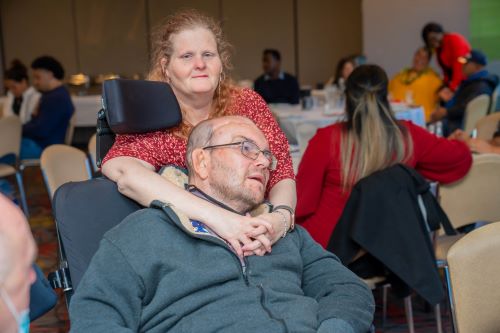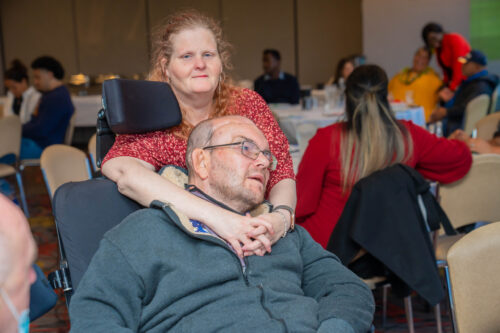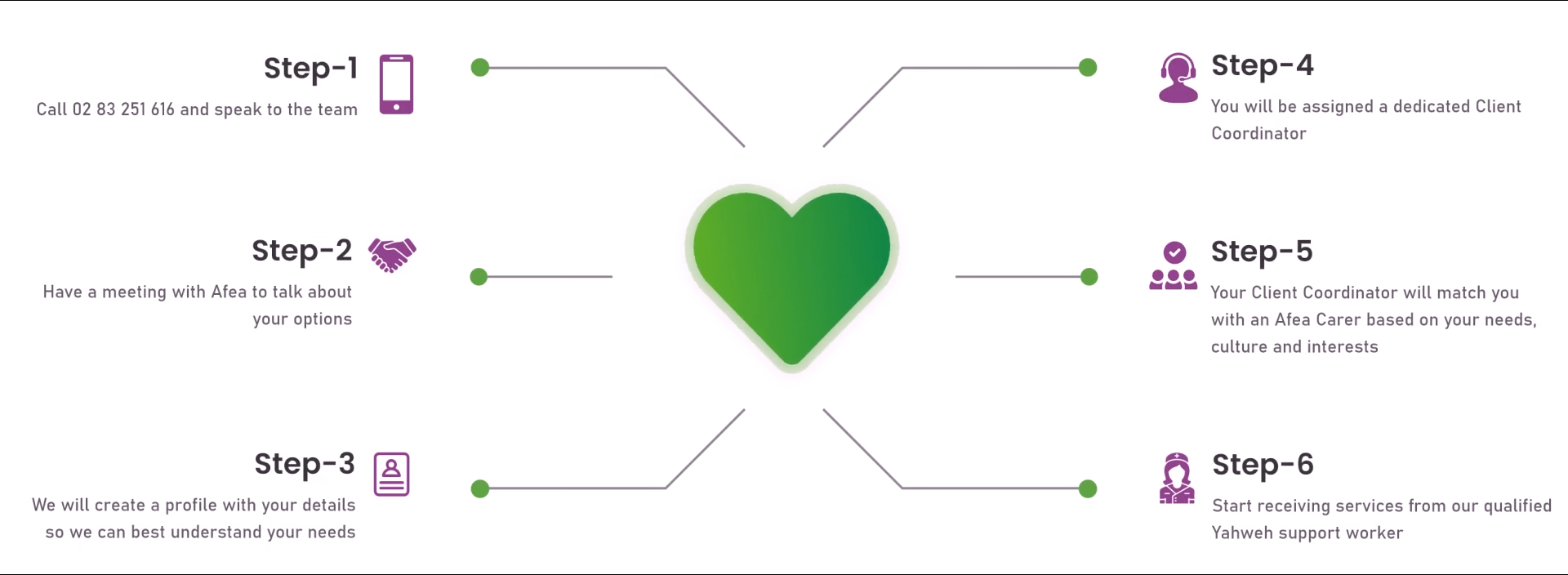NDIS plans are designed to give people with disabilities a customized road map that lists the services and supports they require. These are essential to reaching their objectives, whether about everyday life, work, or community involvement. The NDIS plans guarantees access to funds for significant NDIS assistance, enabling participants to live more comfortably and independently.

The three main parts of an NDIS plan are:
Funding
NDIS funding is the monetary support given to eligible NDIS participants to obtain the necessary resources and assistance. A planning process with an NDIS planner or coordinator determines the participant’s unique needs, goals, and service requirements. Some of these include:
- Necessities like transportation, home assistance, and personal care. It also funds consumables such as daily supplies or hygiene commodities.
- Supports capacity structure, including employment services, support coordination, and therapies. These help foster skill development and independence.
- Money for assistive technologies, equipment, and house remodeling or renovations.
Goals
NDIS participants create personal goals to direct their development and enhance their quality of life. These objectives are specific to each person. The things to consider regarding this include the following:
- Acquiring the abilities and resources required to live more independently. Some of these involve mastering everyday life skills or taking care of oneself without help.
- Increasing involvement in community social, recreational, or educational activities. There’s an emphasis on providing a sense of belonging and inclusion.
- Finding fulfilling employment options suitable for disabled participants. These may include job training, supported workplace engagement, or skill advancement.
- Improving one’s physical and mental health. This may involve therapy, treatment management, or a holistic approach to general well-being.
Support
Supporting people with disability is the main purpose of NDIS plans. Its services, assistance, and resources help to reach participants’ objectives for a better quality of living. These supports fall into the following categories such as:
- Core support or assistance with daily tasks. These include personal care, household chores, and transportation. This is adaptable and can be utilized for community access, home help, and food preparation.
- Another is support for Capacity Building. It highlights fostering independence and skill development to give people with disabilities more control over their lives. This includes education, training, job aid, support coordination, and treatment services.
- Financial support or assistance for expensive products. Some of which are assistive equipment (e.g., wheelchairs or communicative devices) and home modifications
Importance of NDIS Support
The NDIS plan assists people with disabilities in becoming more independent. It offers individualized support and services that align with each person’s needs, preferences, and goals. Funding for necessary services such as personal care, therapy, and equipment allows participants to live more independently and participate more completely in their communities. This empowerment promotes inclusivity by eliminating social interaction, work, and education obstacles.

How To Obtain NDIS Support?
Step 1: Prepare for Your NDIS Planning Meeting
Before creating your plan, you must ensure that your NDIS plans appropriately reflect your needs and goals. To do this, you will need to prepare and plan ahead. You may successfully take the steps that help you achieve greater independence and inclusion. Remember, if you know your goals, you will gather relevant information.
Then, provide proof of your impairment, needs, and the NDIS assistance you require. You must gather documents (such as medical reports and assessments) for your NDIS planning meeting. It is necessary to include medical records, evaluations, and letters from medical specialists. That’s because these help the NDIS planner know your circumstances and allocate the proper funds.
Step 2: The NDIS Planning Meeting
Funding for the NDIS gets distributed after carefully evaluating your unique needs, objectives, and the degree of assistance needed to reach them. The NDIS planner considers your disability and your current functioning. With this, they will understand the kinds of services and support you need to live independently and engage in society.
Asking about the kinds of support available during the meeting is essential. You may take advantage of tailored support to fit your personal preferences. Along with learning how to manage your funds and access services, you should also ask about the procedure for reviewing and modifying your NDIS plans.
Step 3: Developing Your NDIS Plan
You must consider your goals to determine which NDIS support fits your early intervention requirements. It is crucial to consider your everyday activities, personal care, and long-term goals. Also, take note of any specific tools or instructions that could enhance your self-sufficiency and community involvement. Lastly, you should examine your need for therapy and mental and emotional care.
Guarantee that the right category of support is given to you so you can monitor progress. This will inspire you to strive for increased independence and social inclusion. It is essential to set attainable, quantifiable goals in an NDIS plan.
Step 4: Receiving Your NDIS Plan
You will receive a written copy of your NDIS plan, which details the Funding, services, and supports allotted to assist you in reaching your objectives following the planning meeting. It’s crucial to thoroughly review the plan to ensure all the information is correct and fits your goals and desires. Before completing the plan, you can request revisions from the NDIS if any inconsistencies or sections require modification.
Step 5: Implementing Your NDIS Plan
The next step after receiving your NDIS plan is to implement it. You need to choose a service provider. Depending on the funds available, this can entail organizing personal care, therapy services, or assistive technology. By managing your plan via the NDIS portal or with the assistance of a support coordinator, you can ensure that the services you need are provided and that your objectives are actively pursued. Never forget to monitor your progress toward your objectives.
Step 6: Monitoring and Reviewing Your NDIS Plan
It is crucial to monitor and review your NDIS plan. You must assess your progress toward your future goals and ensure the services are still fulfilling your needs. If your circumstances change or you need more support, allow adjustments. If you require modifications prior to the reviewed plan, you can ask for a plan reassessment to ensure your plan remains applicable and efficient.
Step 7: Managing Challenges During the NDIS Process
Overcoming obstacles throughout the NDIS process entails resolving any problems with funding distribution, service providers, or support accessibility. If you encounter problems, you can ask a support coordinator or advocate for help. Some of these may include delays or conflicts. Ask for a plan review or reevaluation. It’s critical to take the initiative to ensure your strategy meets your wants and objectives.

Conclusion
The NDIS planning process is essential to guarantee that you have the suitable service to live life independently. It helps you discover your full potential, promotes independence, and expands opportunities.
If you want to know more about the process, contact Yahweh Care. Their professionals can assist you with the ins and outs of NDIS and will be glad to help you throughout your disability assistance journey.
Don’t hesitate to contact them.



































